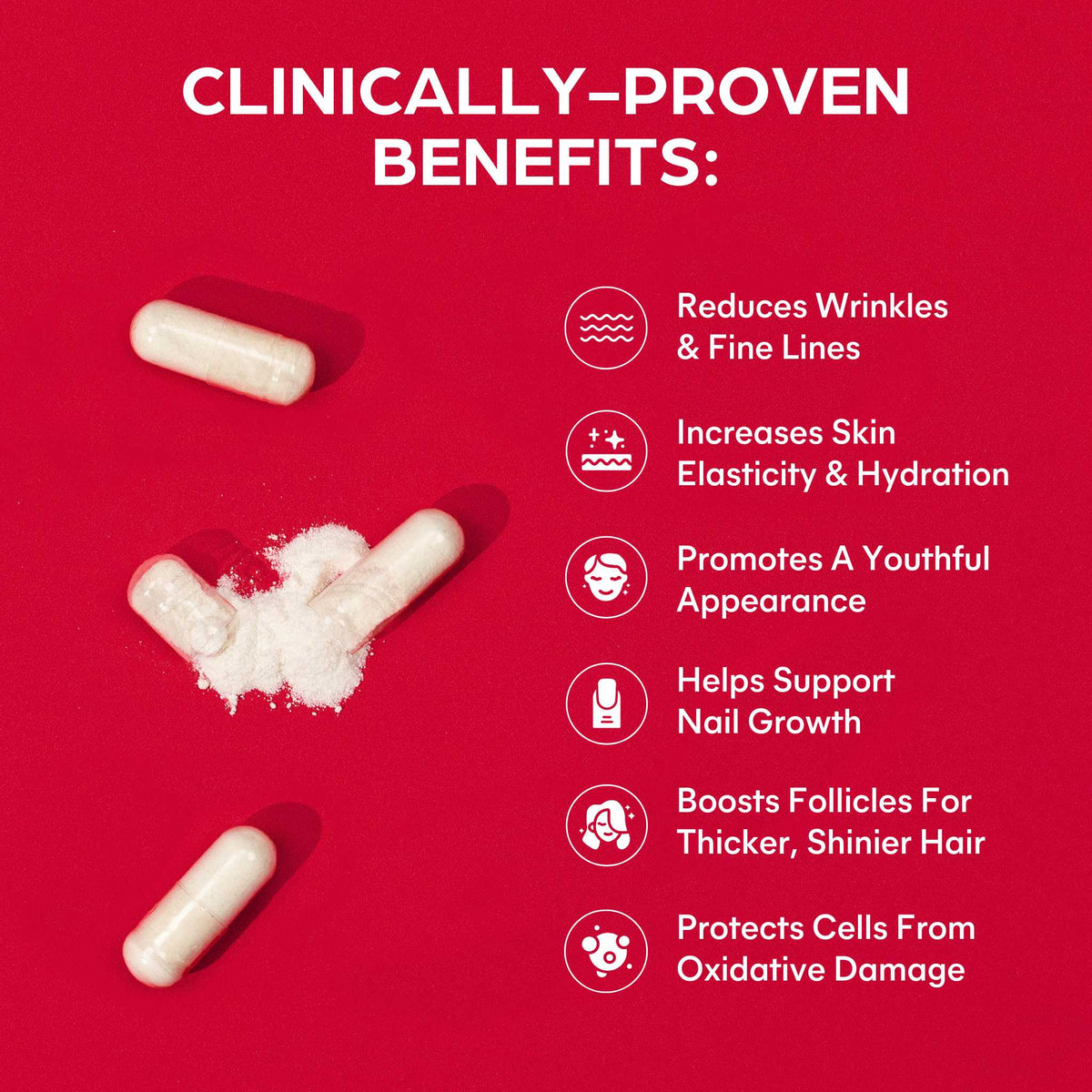Polycystic ovary syndrome, commonly referred to as PCOS, is a hormonal disorder which affects women of a reproductive age. Irregular, prolonged or missed periods are a sign of PCOS as well as increased levels of the male hormone androgen.
For those with PCOS, the ovaries tend to develop small collections of fluids known as follicles (or cysts) and they may also fail to release any egg during the menstrual cycle.The exact cause of PCOS is unknown but it is linked to abnormal hormone levels, particularly high levels of insulin.
It is thought to affect around 1 in 10 women in the UK and most people develop symptoms in their late teens or their 20s. It is estimated that up to half of those with PCOS have mild symptoms or no symptoms at all, and may not be aware that they have this disorder.
Getting treatment as soon as possible is key to managing symptoms of PCOS and reducing the risk of further complications developing.
What are the symptoms of PCOS?
Irregular or missed periods
We would always suggest tracking your period manually or using an app, and doing so will make it much easier to notice an irregular menstrual cycle or a missed period. On average, the menstrual cycle should be between 21 and 35 days - if you are noticing that your period is arriving later than day 35, you may wish to speak to your GP.
Difficulty getting pregnant
If your ovulation is irregular or your ovaries are not releasing an egg at all, you may find it difficult to fall pregnant and this could be an indication of PCOS. If you have been struggling to conceive and are concerned this may be a result of undiagnosed PCOS, speak to your GP as soon as possible.
Excess body hair
The medical term for this is ‘hirsutism’ and body hair can develop as a result of the excess male hormones. The excess hair growth is typically found on the face, back, chest or buttocks of those with PCOS.
Hair thinning and acne
Another symptom of increased androgen is thinning of the hair or in more extreme cases, pattern baldness developing. These raised hormone levels can also cause oily skin or acne on the face.
How is PCOS treated?
Unfortunately there is no cure for PCOS but treatment is available to manage symptoms and treat infertility. Medicines are available to treat excess hair growth or acne and those who are not trying to conceive may opt for the contraceptive pill to treat irregular periods and improve their skin.
For those with PCOS wanting to get pregnant, there are medicines available that can trigger ovulation. If these medicines are unsuccessful, there is also the option of a surgery known as laparoscopic ovarian drilling. With treatment, most women with PCOS are able to get pregnant.
The role of diet and lifestyle
A large part of PCOS treatment for those who want to get pregnant or just want to manage their symptoms is to adopt a healthier diet and more active lifestyle. Being overweight or obese can increase the amount of insulin your body produces, which is already significantly higher in those with PCOS - this is likely to lead to worsening symptoms.
Maintaining a healthier body weight can help reduce the amount of insulin being produced, reducing the severity of symptoms and the risk of complications. Eating a balanced diet and being more active can help your body use insulin more effectively, lower blood glucose levels and increase the chance of ovulation.
Women with PCOS are more at risk of developing type 2 diabetes, high blood pressure, heart problems and uterine cancer so utilising diet and lifestyle to manage PCOS and maintain a healthy weight lessens this risk and improves overall health and wellbeing.
Research also indicates that multiple supplements can support insulin, metabolism and hormone balance and many individuals with PCOS incorporate these specific supplements into their daily routine to alleviate symptoms and improve their day-to-day life. These include the amino acid NAC, Vitamin D and Omega-3 fatty acids.

N-Acetyl-Cysteine

Vegan D3

Omega-3
If you are experiencing any of these signs or symptoms and believe you may be suffering from PCOS, please speak to your GP or health professional. Keeping a log of symptoms and tracking your period is key to have this information available for your doctor to assess and provide a diagnosis and suitable treatment.





















